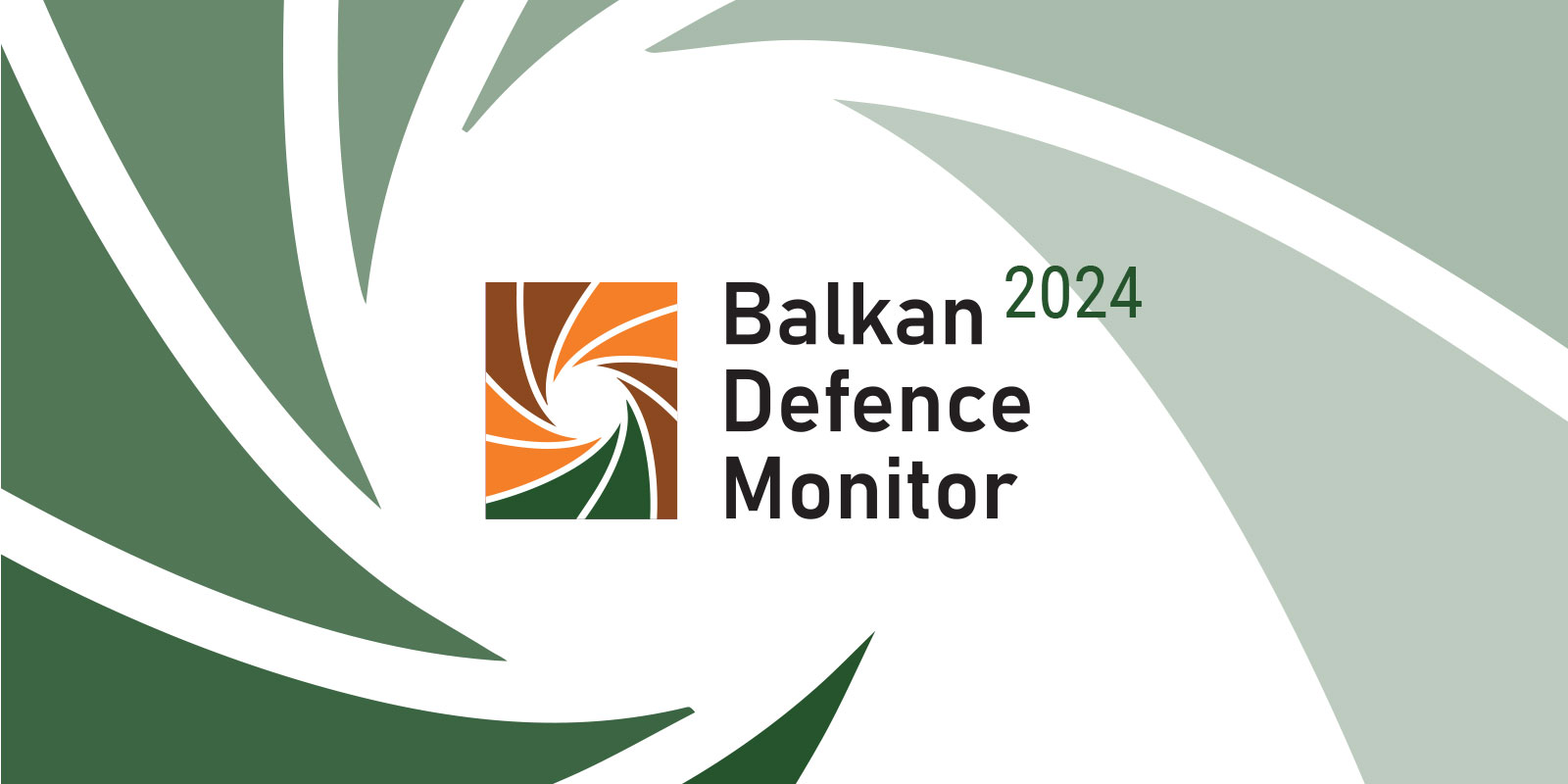PUBLICATION: Analysis
Covidocracy – An Analysis of Narratives About the Pandemic in the Function of Capturing the State
How did the crisis management of the coronavirus pandemic led to the "covidocracy" – continuation of capturing the state? Find out in the latest BCBP analysis.
Although the analysis covers the entire year 2020 and the beginning of 2021, the greatest attention was given to the state of emergency in the spring of 2020. The construction of the narrative was facilitated in the conditions of excessive presence of government representatives in the media, at almost daily press conferences, addresses to the nation, and numerous appearances of the President of the Republic, the Prime Minister, doctors from the government’s Crisis Response Team and several ministers on television. In addition, access to authentic information on the consequences of the pandemic was largely denied to the public. In that narrative, the holders of power, the President of the Republic in particular, were presented as skillful and dedicated saviors of the citizens from the plague. The elderly population, the functionality of the healthcare system and the economy took turns as priorities (victims) that needed to be protected.
The coronavirus pandemic found Serbia in the context of state capture. Precisely because of that, the decisions made by the government within the framework of “crisis management” protected the private and political interests of public office holders. The state of democracy in Serbia deteriorated drastically during the pandemic, as shown by data from relevant international organisations. Moreover, the representatives of the ruling party in Serbia directly pointed out that the state of the pandemic is equal to the “state of war”, and that in that context there is no talk of progress on the issue of human rights and the status of democracy.
During the management of the crisis caused by the coronavirus pandemic, it can be concluded that the state capture affected its management in two ways. On the one hand, the current situation affected the decisions, as well as the way of communication regarding the pandemic, to be centralised, and that no one but the bearers of narratives about the pandemic as a “state of war”, created by the ruling party, has the right to present alternative proposals for resolving the crisis. On the other hand, the coronavirus pandemic served to strengthen the process of state capture, especially in the healthcare sector.
Although the coronavirus pandemic has negatively affected the state of democracy at the global level, the cases of states that do not have the status of “democratic states” or, in the case of Serbia, “partially consolidated democracies” are especially sensitive, because the crisis situation is very fertile ground for strengthening authoritarian tendencies. In the case of Serbia, the way the crisis was managed has deepened the momentum of state capture in a form that can be called “covidocracy”.
This publication was produced with the financial support of National Endowment for Democracy (NED). Responsibility for the content of this publication belongs solely to Belgrade Centre for Security Policy.
Tags: COVID 19, pandemic, State capture
DETAILS
AUTHORS
SHARE
PDF PREVIEW
RELATED

Date: 26.03.2025.
Author: Isidora Stakić |
Human rights defenders are people who act, individually or jointly, to advance human rights and fundamental freedoms and fight for their protection at the local, national and international levels.

Date: 13.06.2024.
Author: Jelena Pejić Nikić | Predrag Petrović |
There are many findings of domestic and foreign research organisations that unequivocally indicate that Serbia is a captured state, with a hybrid political regime. Security institutions play a major role in the capture of the state and the collapse of democracy in Serbia, as well as in preserving the situation the way it is.

Date: 27.02.2024.
Author: Belgrade Centre for Security Policy |
We present you the new Balkan Defence Monitor - independent and comprehensive source of information regarding defence topics in the region.




